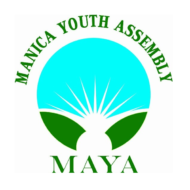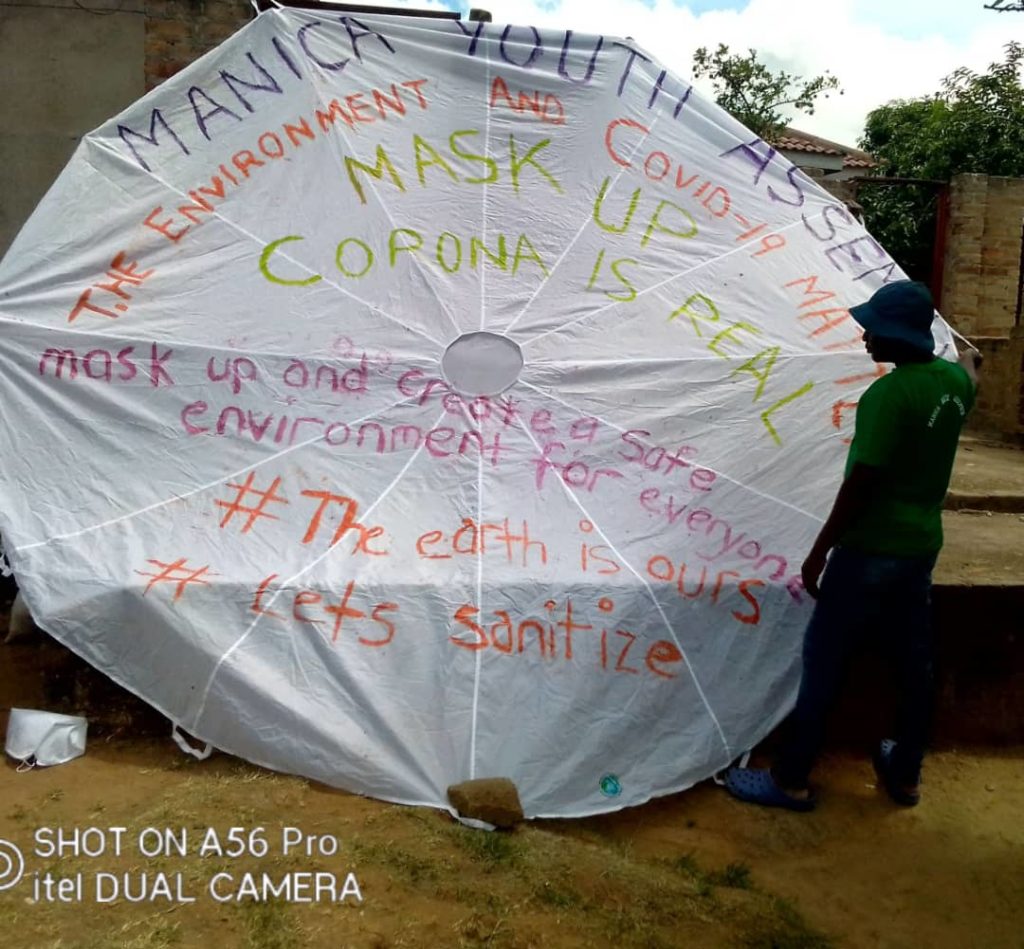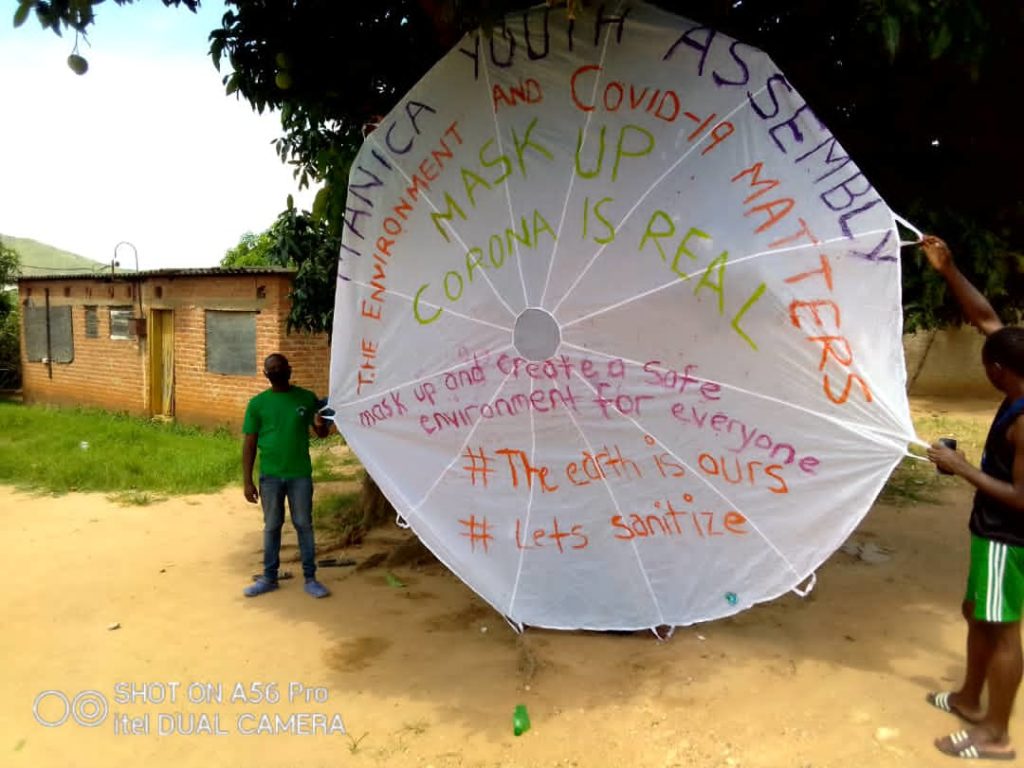THE ENVIRONMENT AND COVID-19 MATTERS
The interrelationship between COVID-19 and the environment is an emerging research topic. COVID-19 has changed the way we live,and work,as various health and safety restrictions keep more of us at home more often.The resulting clunges to our behaviour are already impacting the environment around us in a myriad ways.Corona virus disease (COVID-19) is spreading globally,which is not merely a health problem,but also affects the world economy and the environment in diverse ways.
COVID-19 is the most urgent threat facing humanity today,but we cannot forget that climate change is the biggest threat facing humanity over the long term.Against this backdrop,the measures taken to control the spread of the virus and the slowdown of economic activities have significant effects on the environment.
The global disruption caused by the COVID-19 has brought about several effects on the environment and climate.Due to movement restrictions and a significant slowdown of social and economic activities,air quality has improved in the Zimbabwean cities with a reduction in water pollution in different parts of the country.Besides,increased use of PPE (for instance,face mask ,hand gloves etc),their haphazard disposal,and generation of a huge amount of hospital waste has negative impacts on the environment.
Reduction of air pollution and GHGs emission has become a norm as industries,transportation and companies have closed down,it has brought a sudden drop of green houses gases (GHGs)emissions.Reduction of water pollution has been seen especially during this lockdown period,when the major industrial sources of pollution have shrunk or completely stopped,which helped to reduce the pollution load.
Furthermore negative environmental effects are evident in the increase of biomedical waste generation which has increased globally and is a major threat to public health and environment. For instance a sample collection of the suspected COVID-19 patients,diagnosis treatment of huge number of patients and disinfection purpose,lots of infections and biomedical wastes are generated from hospitals.In this light,it means that waste generated from the hospitals for example (needles,syringes,bandage,masks,glives,used tissue,and discarded medicines should be managed properly,to reduce further infection and environmental pollution, which has now become a matter of concern globally.
Safety equipment use and haphazard disposal to protect from the viral infection has also contributed as people are using face mask,hand gloves and other safety equipment,which increase the amount of health care waste.This exposes that,trash amount has increased due to increased PPE use at the domestic level.The genesis of the COVID-19 has witnessed,the production and usage of plastic based PPE.At this juncture,such haphazard dumping of these trashes creates clogging in water ways and worsens environmental pollution.
With COVID-19 pandemic continuing to spread, national and local governments are urged to treat waste management, including medical,household amd other hazardous waste, as an urgent and essential public service in order to minimise possible secondary impacts upon health and environment.The COVID-19 pandemic is a crisis that is affecting everyone.The same human activities that drive climate change and biodiversity loss also drive pandemic risk through their impacts on our environment.
Furthermore,Manica Youth Assembly (MAYA) posits that we can make many smart investments to avert another outbreak.We also need to take climate action to prevent the next pandemic for instance , preventing deforestation-a root cause of climate change can help stem biodiversity loss.When COVID-19 eases,and we are ready to restart our economy,we can make our workforce healthier and more climate-resilient through scaling-up our investments in low-carbon technologies.
The COVID-19 crisis reveals a clear truth about catastrophic risk in an increasing globalized world:an effective response requires immediate,ambitious and evidence-based preventive action at the international level.To avert future global threats, including pandemics , we must protect rights to a safe,clean,healthy and sustainable environment upon which we all depend for our health and well-being.
MAYA advocates for a human rights-based approach to the COVID-19 crisis which is a paramount need to address its unequal impacts on the poor, vulnerable and marginalised and its underlying drivers including environmental degradation.


